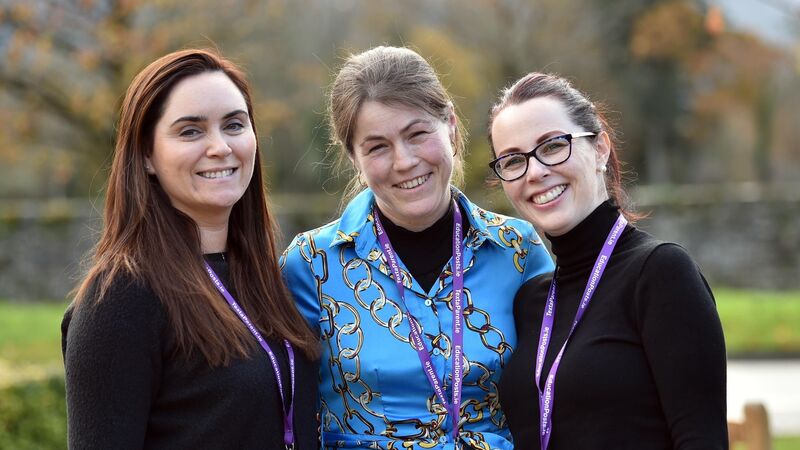Lack of teachers sees system in 'crisis mode'

“We are in crisis mode with the lack of teachers,” primary school principal Niamh Cronin said between sessions at the Irish Primary Principals’ Network’s annual conference in Killarney.
“We are operating in a broken system."










